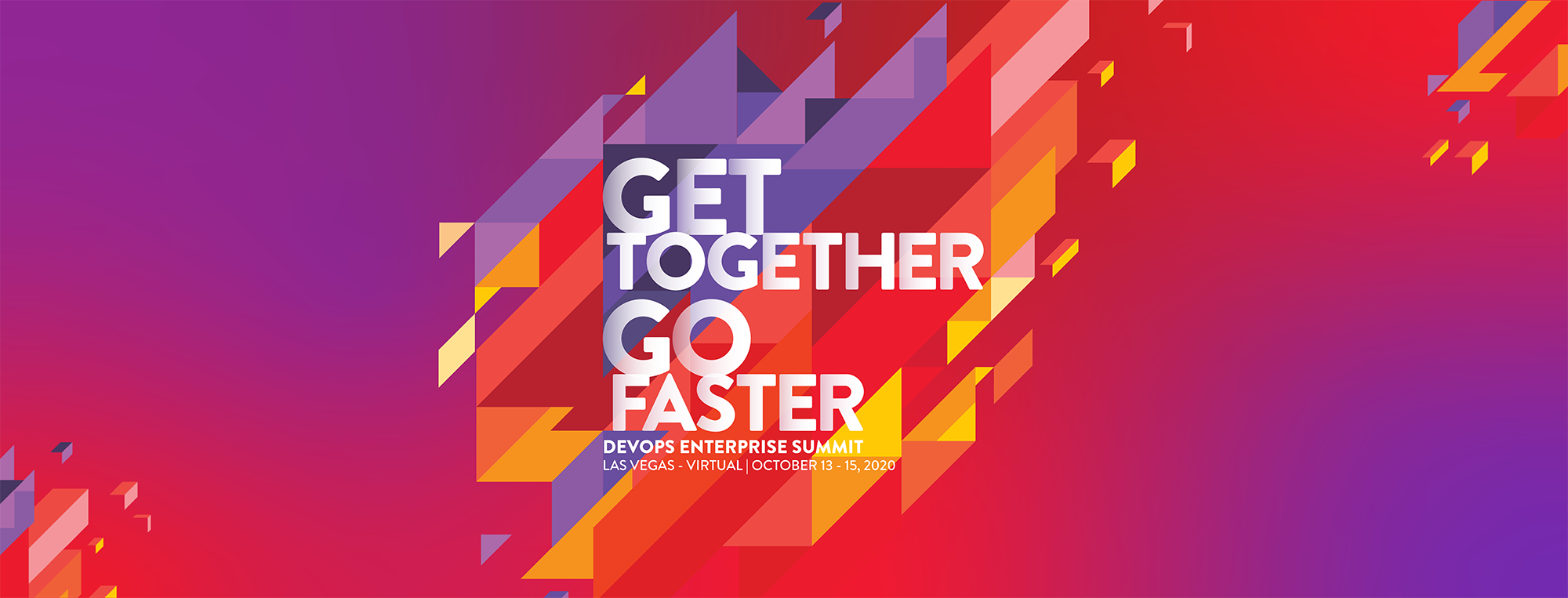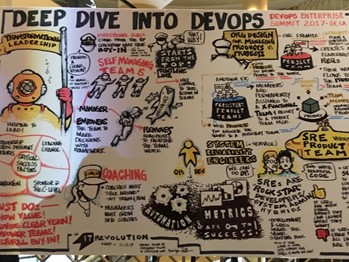
I usually try to write these Three Things I’ve Learned posts at the end of each day of a conference, but this is a little different. This is the first multi-day virtual training event I’ve been to, and because it’s virtual, there’s no travel. Which means my day begins on EDT, and the conference starts (and ends) on PDT. Makes for a very long day.
That being said, I love this conference: DevOps Enterprise Summit 2020 continues to push me to think abstractly about technological problems, and grounds me again in looking at cultural issues within my organization. These are the three things that have resonated with me (so far):
- I’ve got to do more to make the pain visible across the organization. Lots of folks have stressed the necessity of communication across teams, disciplines, and to the upper management, and that’s really sticking out to me. I think we’ve done a decent job of complaining, but we haven’t done the best job of proposing better ways of solving problems.
- I need to celebrate my team’s victories more. My team works hard, and there are moments when they feel forgotten in the grand scheme of things, particularly when other teams are holding them back. I need to make sure that they realize how much change they’ve promoted, and how far we’ve come as an organization.
- Set the Vision, but focus on the first step. A few years ago when I started us on this journey, I laid out a vision, and I need to revisit that. A lot has changed, including both targets we hit, and goals that are no longer on the roadmap. I need to make sure that I frame each step along the way in terms of the value it brings to the service we’re offering.
Virtual conferences are a different kind of fatigue; it’s been rough staying focused. I think I’m going to write another blog post to describe what’s worked for me, and what I’ll do differently in the future.
Back to learning; 3 more hours to go today


